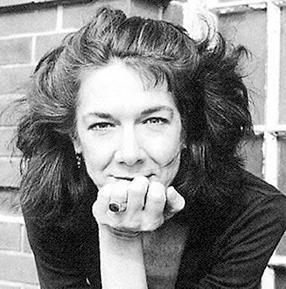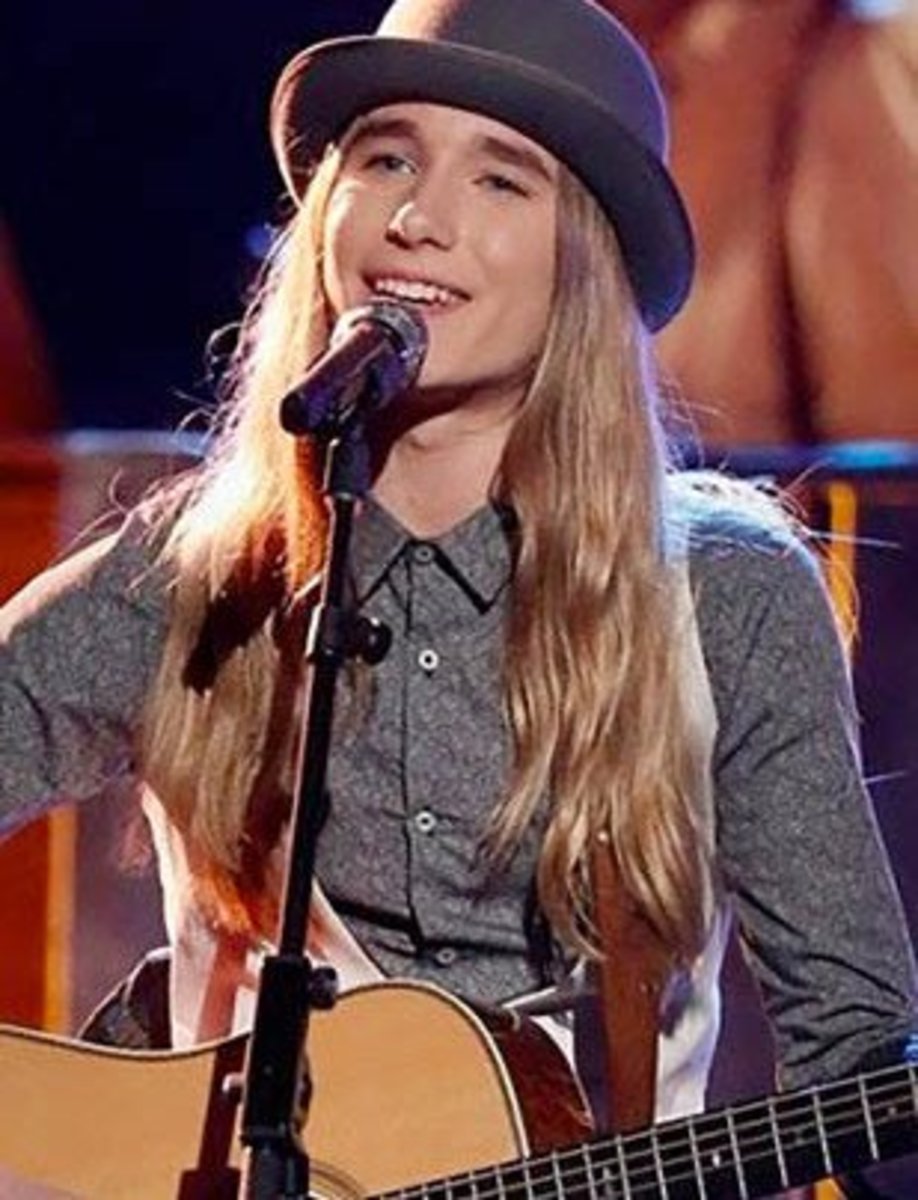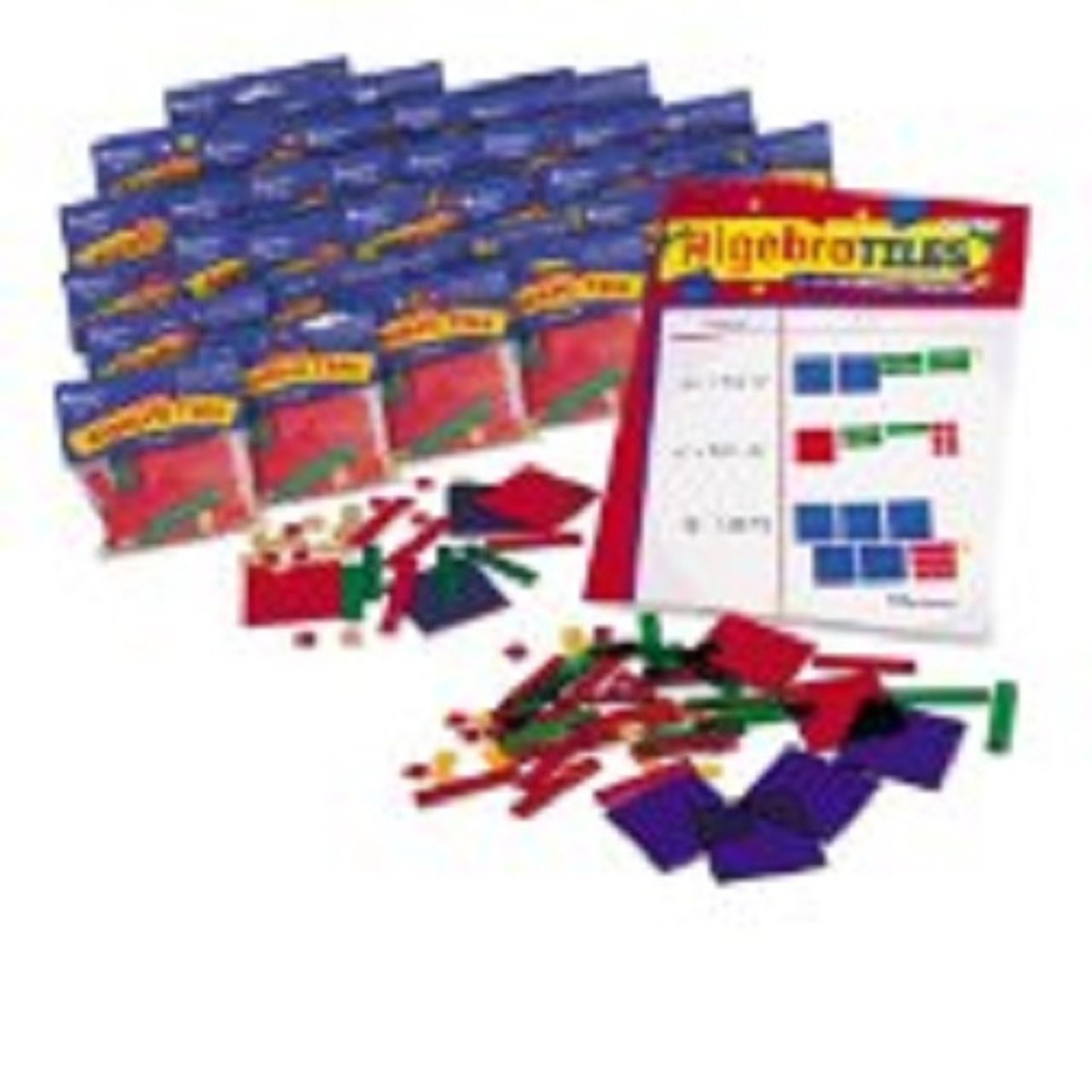Humble Beginnings...
Le Premiere Pas
Today I want to discuss a poem that I recently came across by Mary Ruefle. It's titled Middle School, and perfectly summarizes the generalized "middle school" feeling most of us have:
I went to Cesare Pavese Middle School.
The gymnasium was a chapel dedicated to loneliness
and no one played games.
There was a stained glass window over the principle's desk
and innumerable birds flew against it,
reciting Shelley with all their might,
but it was bulletproof, and besides,
our leaders were never immortal.
The classrooms were modeled after motel rooms,
replete with stains, and in remedial cases
saucers of milk on the floor for innumerable cats,
or kittens, depending on the time of year.
In them we were expected to examine ourselves and pass.
The principle himself once jumped off the roof
at noon, to show us school spirit.
Our mascot was Twist-Tie Man.
Our team The Bitter Herbs.
Our club The Reconsiderers.
It was an honor to have gone,
though a tad strict in retrospect.
You have probably heard that we all became janitors,
sitting in basements next to boilers
reading cheap paperback books of Italian poetry,
and never sweep a thing.
Yet the world runs fine.
-Mary Ruefle (2012)
She begins the poem with a simple, and yet quaint line, "I went to Cesare Pavese Middle School." What's so special about this middle school? Why has she chosen to write about it? And as you read, your are engulfed in a sense of sad nostalgia for the past- did anyone really enjoy middle school at all??? It feels like the general air we all have for it, is just a vague grief for that period of time in our lives (if we haven't chosen to forget all about it already).
The picture she paints of loneliness is wonderfully poignant: "The gymnasium was a chapel dedicated to loneliness…" How many times did we feel so distant from our academics and school life? Gone to sit at some empty gymnasium or chapel or empty bench with nothing but our thoughts and regrets, so it seems.
No one actually thinks these birds are reciting Shelley as the bombard the indestructible, stained glass window, but what a peculiar image! What do you think she means by this? What poem of Shelley's could they have been reciting? Or, does it even matter? Is it just the academic and scholarly way to read works from famous names and analyze them for all the depth they are thought to have, and none is really enjoyed the way poetry should be?
On the same note, "…our leaders were never immortal." I think that Ruefle is alluding to the ephemeral time that is middle school, but it seems as if it's the longest time while we're in that position. Such is life.
She goes on to describe a classroom as a motel room, lavished with stains and even saucers for cats, or kittens, depending on the time of year. I can only assume that the musty classrooms we entered were motels that we spent hours upon hours every day in, and the books we used became saucers in which we drank all our literature from. We can imagine our classmates as kittens, cats, even some that were feral-- the maturing or lack thereof that happened as one progressed through the three years that were middle school. In which, we were expected to make monumental life decisions and of course, pass with flying colors at the same time. High school was no better, in that aspect. The moment we enter, we are asked what we want to study and expected to choose a career with no experience in that other than what we've read in our over-priced books, when only months before graduation we are still expected to raise our hands to go to the bathroom.
The next few lines are my favorite from the poem, "The principle himself once jumped off the roof at noon, to show us school spirit. Our mascot was Twist-Tie man. Our team The Bitter Herbs. Our club The Reconsiderers…." The apathy and certain aura of indifference we carried around middle school pep rallies and clubs is magnificently captured in these lines. I always aspired to be "cool" in middle school, and part of the "in" crowd, whoever and whatever that was. It's all a trivial matter now, but I'm sure we all passed through a similar phase of join in because of peer-pressure, or be alienated by it and become the weirdo.
As the poem ends, we are confronted with a stark reality of how some people have ended up, maybe even ourselves. Who are the janitors of schools? Who are the people in jobs that we don't think twice about every day? What have they gone through, what did they study, and yet there they are doing the jobs we would normally look down upon. A subtle air of melancholy wraps around us as we realize that we don't appreciate certain jobs or people caught up in the slums of society; and yet the world runs fine. Ugh! What a feeling.

Mary Ruefle
- Mary Ruefle
"In 1952, Mary Ruefle was born outside of Pittsburgh to a father who served as a military officer. She spent her early life traveling throughout the U.S. and Europe. She graduated from Bennington College in 1974 with a degree in literature. …"








